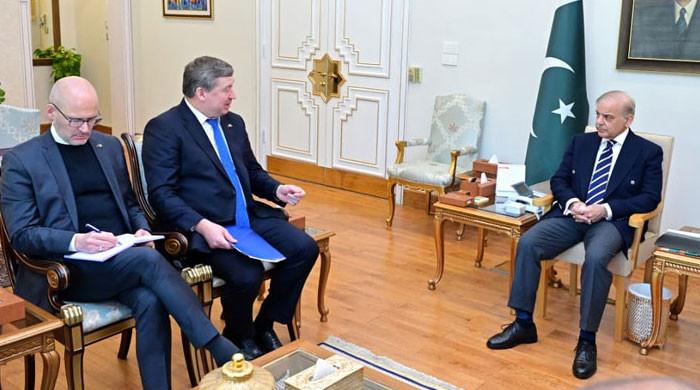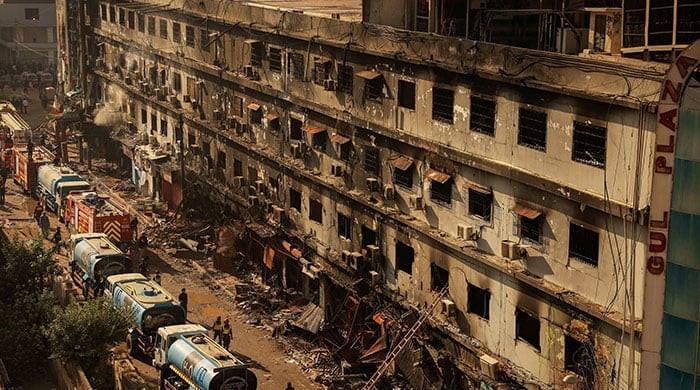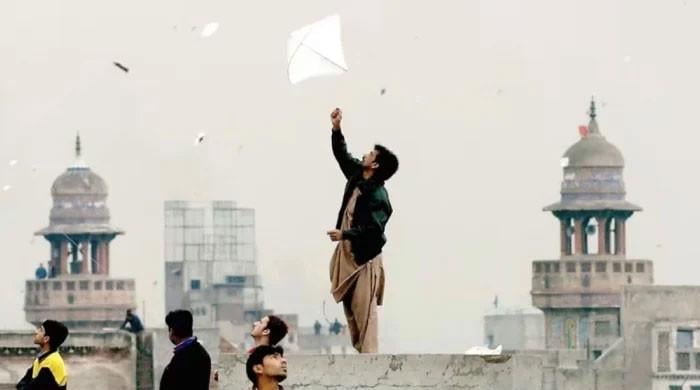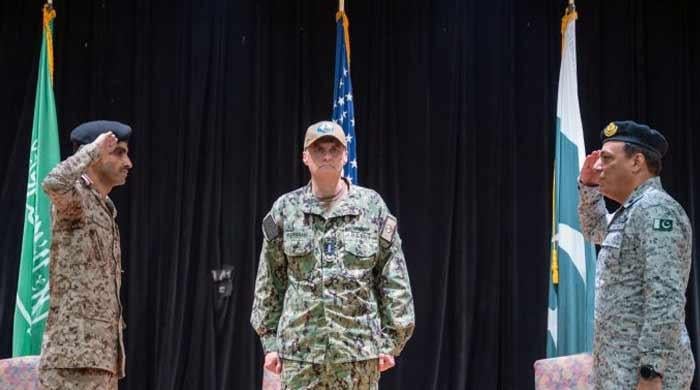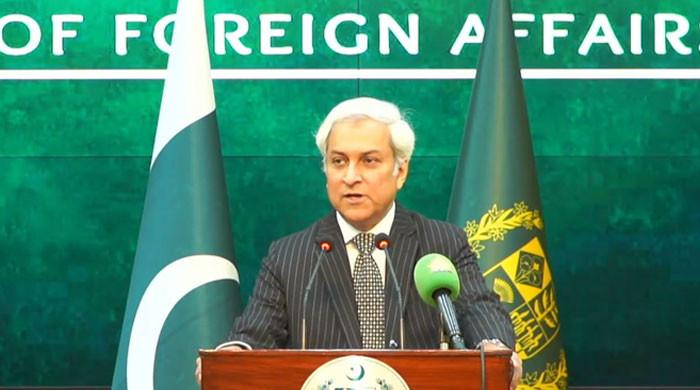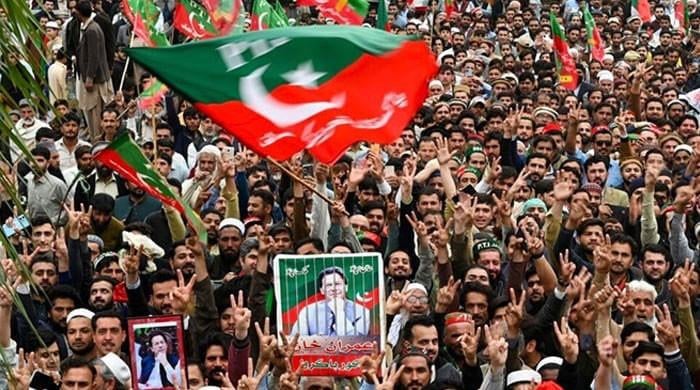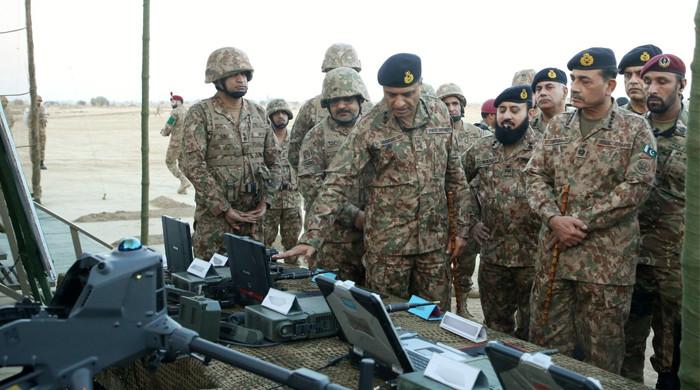Pakistani NGO brings the classroom to children at flood relief camp
In Balochistan’s Quetta, dozens of children were heard reciting out loud lessons taught under a tent at a relief camp
September 28, 2022
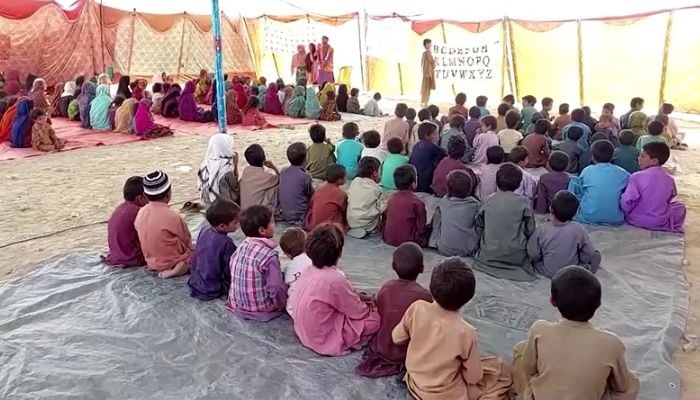
Hundreds of thousands of flood-displaced people in Pakistan have, for weeks, been living either in the open or in decrepit camps of makeshift tents set up along roads or on dry patches of land. Food and water are in short supply at most of them.
Devastating floods in recent months have engulfed large swathes of the country and killed nearly 1,600 people, displacing millions of people and causing damage estimated at $30 billion.
In Balochistan’s provincial capital of Quetta, dozens of children were heard reciting out loud lessons taught under a tent at a relief camp, where Al-Khidmat Pakistan Foundation, a local NGO, had set up a temporary school to bring the classroom to them.
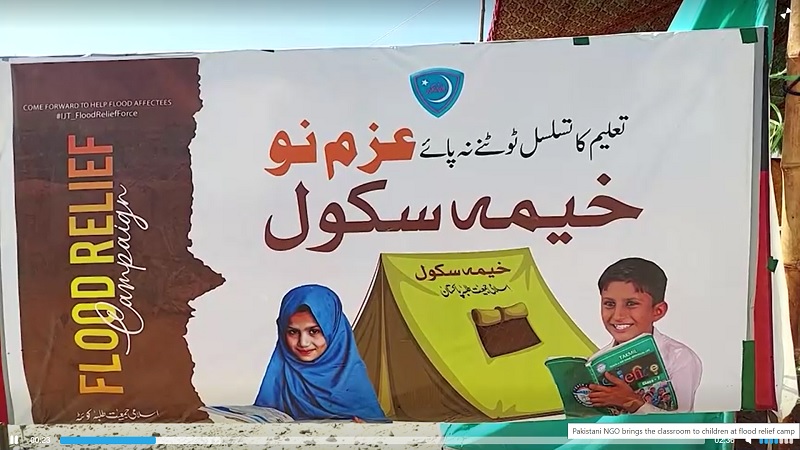
"We were very worried because the children's education was getting neglected, but now, thank God, a school has been set up, and they are studying. We will be happy if the school is open all year round," one parent told Reuters on Monday (September 26).
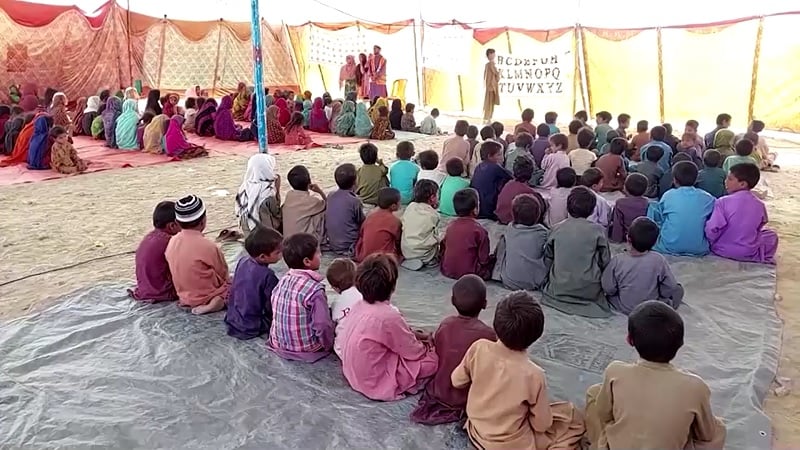
”We are poor people; we cannot afford to send them to any other school. So we are grateful for this school," he said.
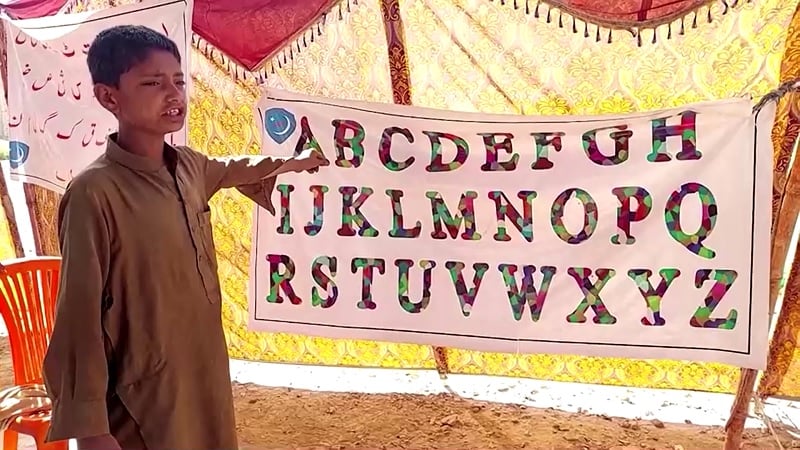
At the annual gathering of world leaders at the United Nations last Friday (September 23), Pakistan's Prime Minister Shehbaz Sharif asked why his people were paying the price of global warming.
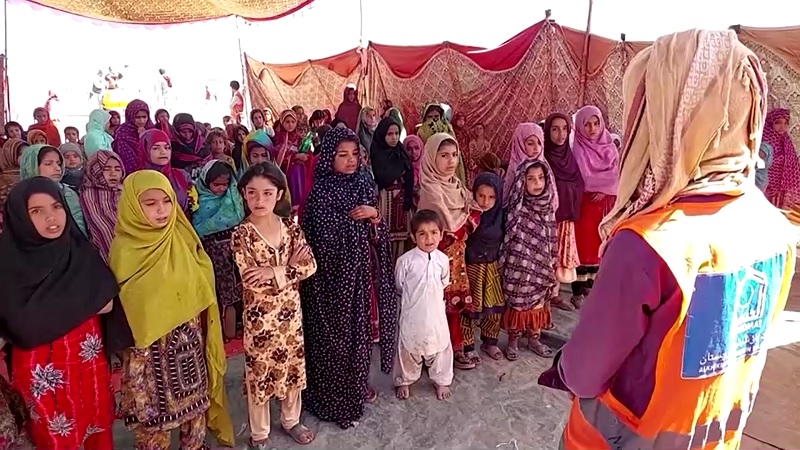
Both the Pakistani government and UN Secretary-General Antonio Guterres have blamed the flooding on climate change.




